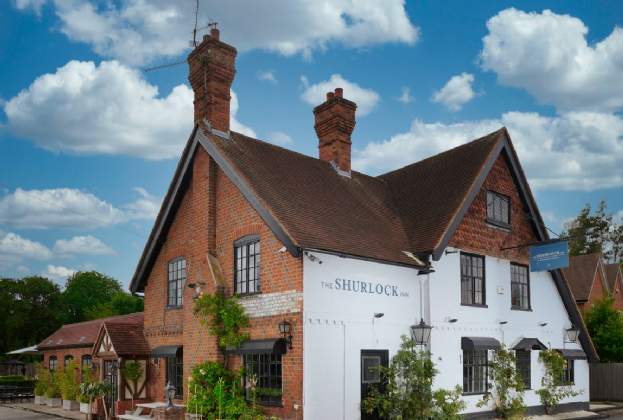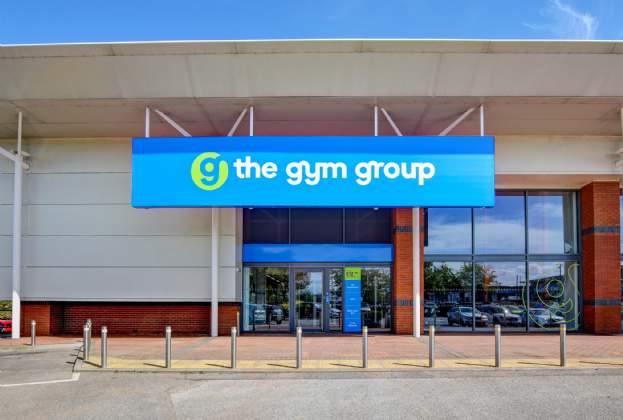The popularity of glamping shows little signs of slowing. With the revival of the staycation over the past couple of years, glamping has brought a new, younger demographic to the market. These customers are not traditionally attracted to the more traditional forms of holiday accommodation such as touring caravans, lodges and holiday cottages.
Why is glamping so popular?
The principal appeal of glamping is its ease. Holidaymakers no longer need to pack their car with a tent and then erect it on arrival; nor do they need to tow a caravan. The accommodation is already provided on site by the operator and can be comfortably furnished to a very high standard.
Investment opportunities in glamping
Undoubtedly, camping pods have proven to be the most popular form of glamping accommodation. In the right location, the return on investment can be as little as two years, which enables site operators to invest in further units or improved on-site facilities.
But for glamping providers with more ambitious budgets there can be additional opportunities. In a recent detailed feasibility study carried out by our Commercial Heritage team on a single rural estate in southern Scotland we recommended establishing a number of different glamping products, including restored vintage caravans and high-end architecturally designed micro lodges built into a hillside to maximise views of migrating sea birds and the night skies.
Do I need planning permission to set up a glamping site?
Glamping and alternative forms of holiday accommodation have been generally well received by local planning authorities throughout the UK. On the occasions where such accommodation cannot be sited in accordance with existing planning permissions and licences, councils acknowledge their importance; in particular the economic spend that can be generated into the local area and will grant planning consent accordingly.
As of October 2022 short term let properties, which include glamping structures, in Scotland will require to apply for a licence to operate. Licences will be managed by the glamping site’s local authority and last for three years.
Continued growth for glamping
With the UK domestic tourist market remaining buoyant, we expect that demand for glamping accommodation will continue to be strong. Whether it be on holiday sites in a woodland setting well suited to camping pods, or a site where space is at a premium and would benefit smaller accommodation, glamping accommodation provides a practical solution.
Further information
Read 'How to set up a glamping business' or contact Savills Leisure & Trade Related



.jpg)


.jpg)


.jpg)
.jpg)